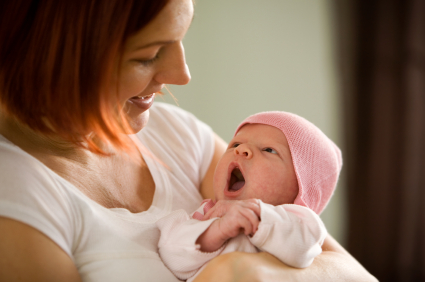Types of Urinary Incontinence
 Stress Urinary Incontinence (SUI)
Stress Urinary Incontinence (SUI)
Stress urinary incontinence (SUI) is essentially due to pelvic floor muscle weakness. It is loss of small amounts of urine with coughing, laughing, sneezing,exercising or other movements that increase intra-abdominal pressure on the bladder. Physical changes resulting from pregnancy, childbirth and menopause can often cause stress incontinence in women. In men it is a common problem following prostatectomy.
Urge Incontinence
Urge incontinence is an involuntary loss of urine occurring for no apparent reason while suddenly feeling the need or urge to urinate. The most common cause of urge incontinence is involuntary and inappropriate detrusor muscle contractions. Medical professionals describe such a bladder as 'unstable', or 'overactive'.
Transient Incontinence
Transcient incontinence is a temporary version of incontinence. It can be triggered by medications, urinary tract infections, mental impairment, restricted mobility and severe constipation, which can push against the urinary tract and obstruct outflow. Incontinence can often occur while trying to concentrate on a task and avoiding using the toilet.

 English
English
 Español
Español